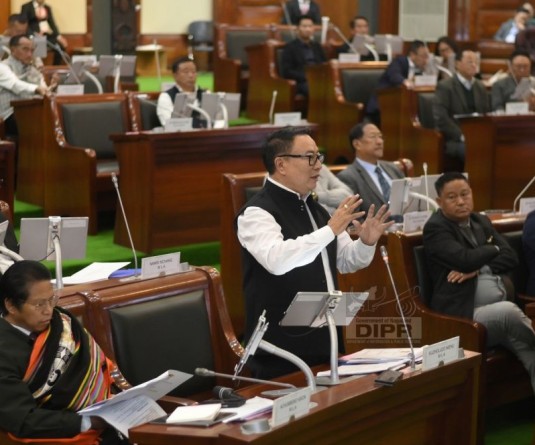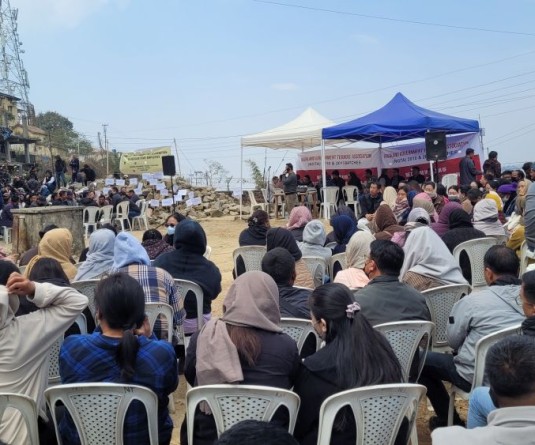
Our Correspondent
Kohima | October 7
The North East Network (NEN) has completed an action research on ‘Enquiry into the status of women in Nagaland’ in three districts of Kohima, Phek and Kiphire and launched its report today here at East Gate Hotel.
NEN carried out the research between January 2014–March 2016, to make an enquiry into the status of women in diverse socio-cultural contexts in rural Nagaland, to create a valid evidence of the main issues of gender discrimination/ violence faced by women in the personal and public spheres, and to advocate for policy change and future interventions, so as to improve the lives of women and community at large.
‘Enquiry into the status of Women in Nagaland’ is a study done by a young team from NEN, keeping in view the state’s diverse socio-cultural context, stated NEN Executive Director Monisha Behal in the Preface of the research report.
Empirical work was done in the three districts of Nagaland, covering six villages.
The study is divided into seven chapters, the first one being that of childbirth, nutrition, and health of children and women. This chapter indicates differential treatment between the birth of infant boys and girls, which translates into normative practices in the life cycle of girls, that are discriminatory, into their adulthood.
The remaining chapters depict the experiences of girls and women through their education, their work, their employment and, the barriers that they face in participating in the political process.
“The absence of women in the political process, the inability to articulate their needs to authorities is of serious concern to us because they are the ones who are intricately involved in agriculture work, livestock care, rural economy and of course, taking care of their families,” stated Behal.
Thus, it stated, denying their constitutional right to voice their opinion in the village and public matters is a wrong precedence to the state like Nagaland, considered by many as ‘liberal’, even if couched by traditional norms.
“But far more importantly is what Naga women themselves feel about their difficult situation, examples of which are represented in the last three chapters. The experience in their married lives, access to land ownership or the lack of assets, relationships with their families and incidences of violence, faced by women, are reflected in these chapters,” the Preface stated.
It stated that NEN undertook the study to understand the gravity of the situation as NEN often experiences women sharing about the hard realities of their lives.






